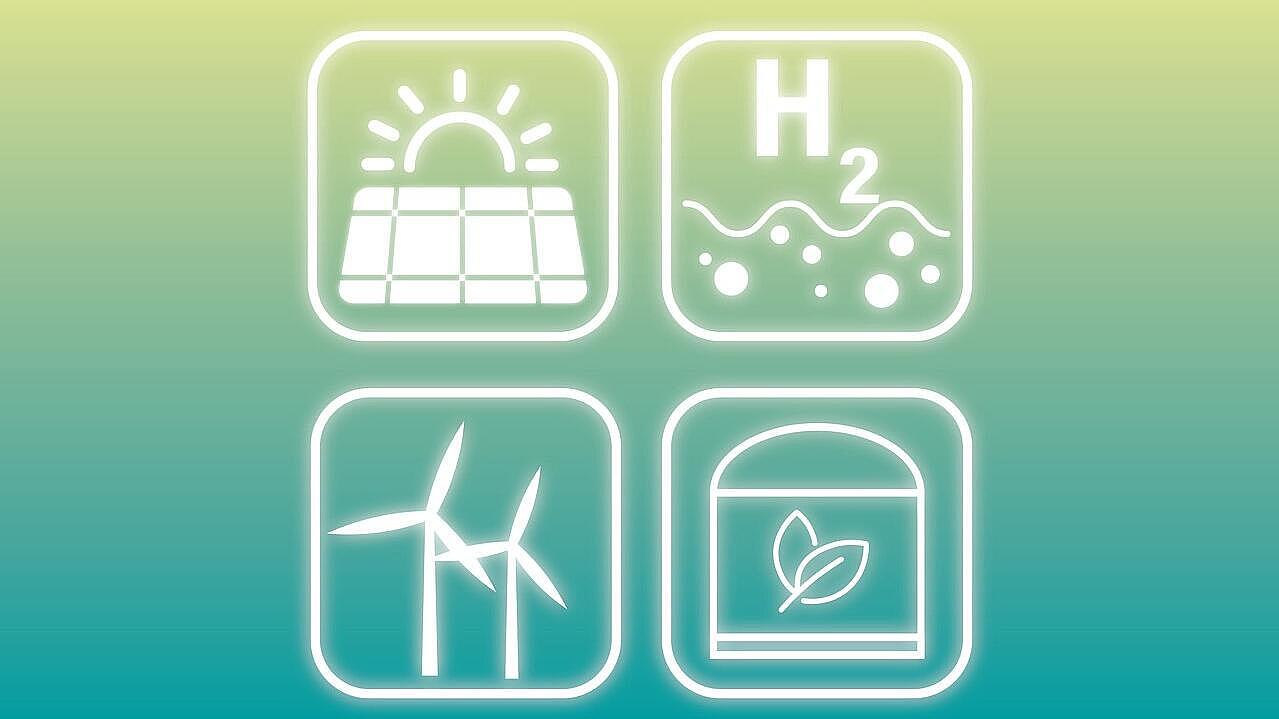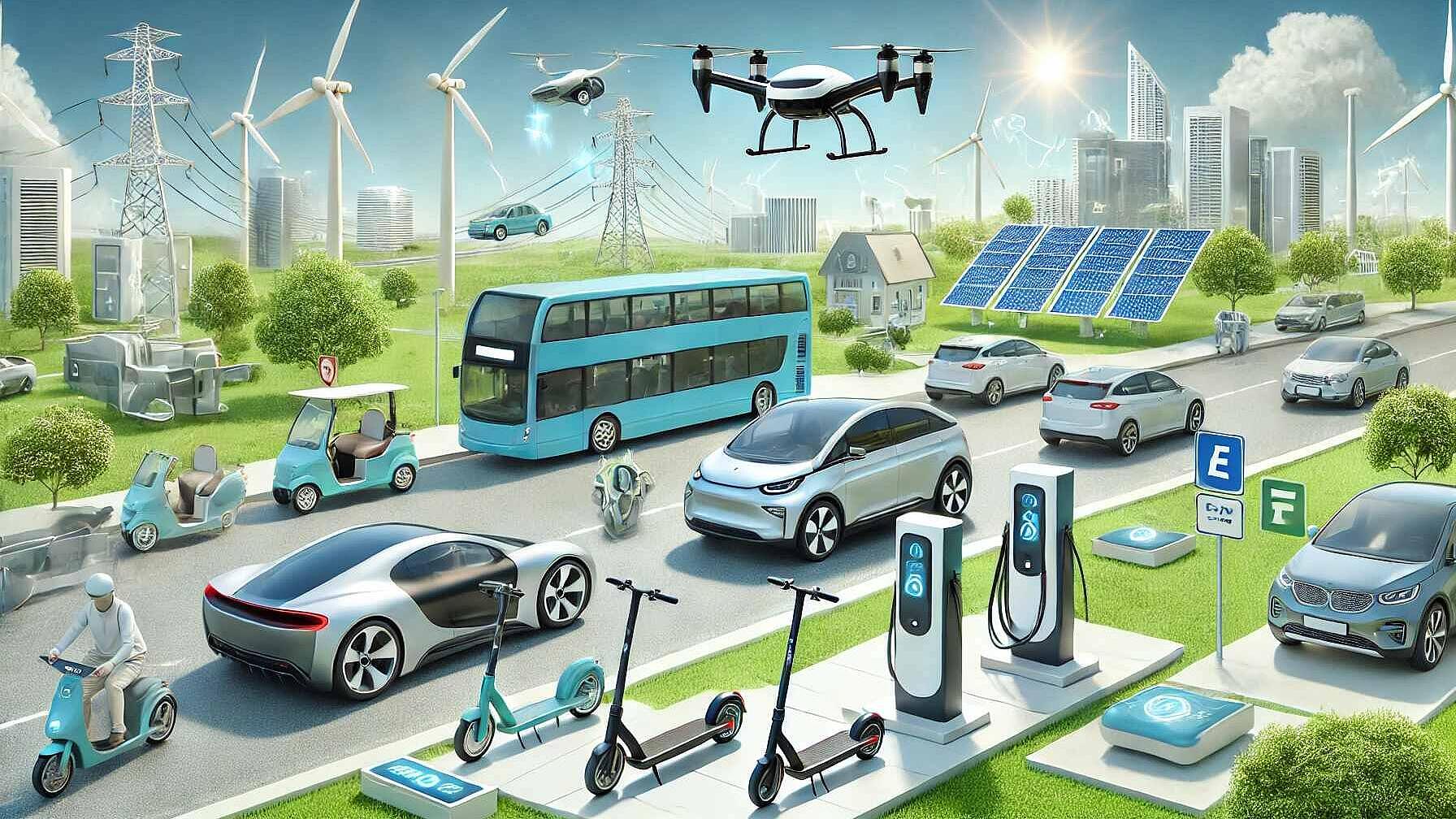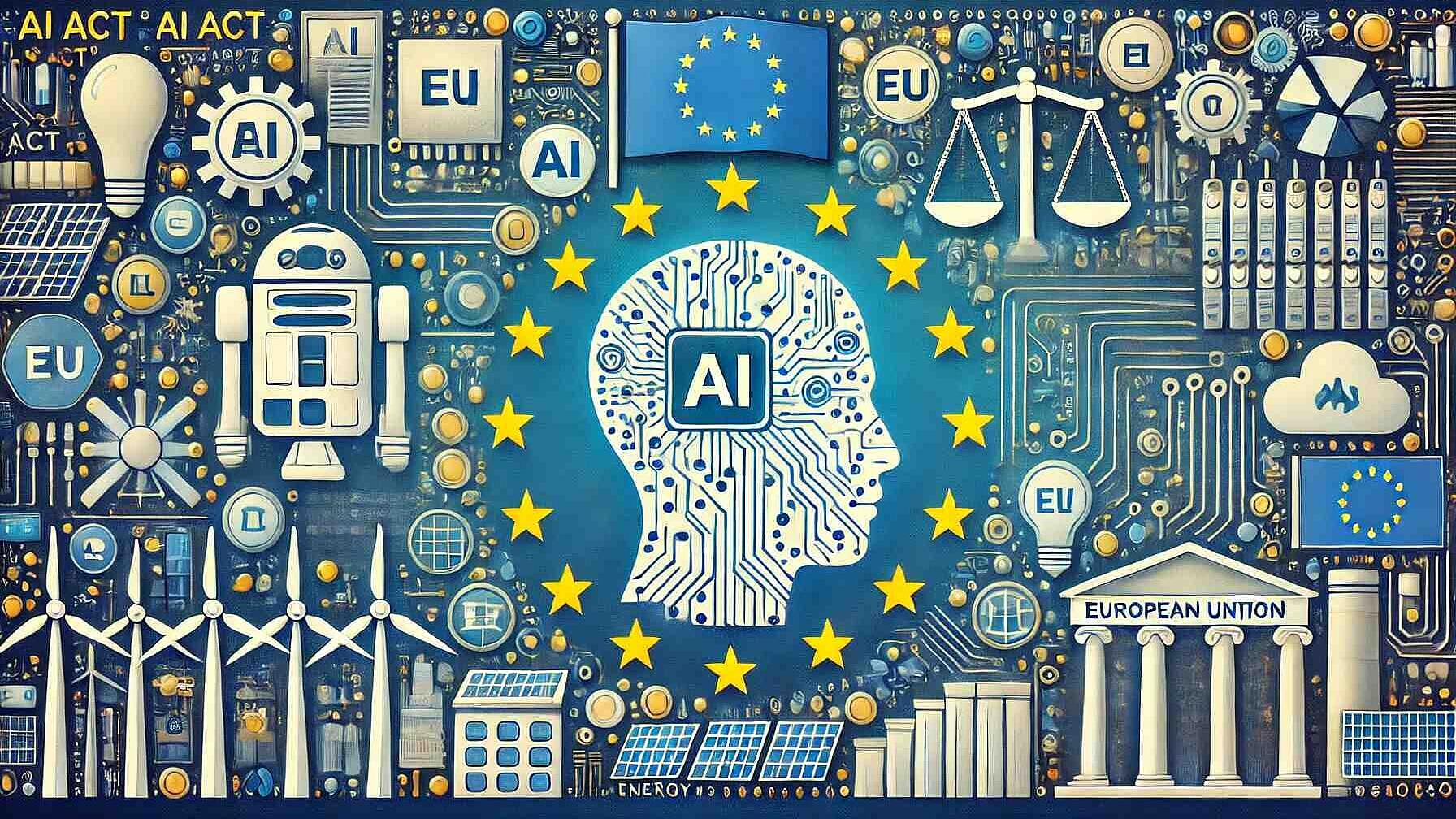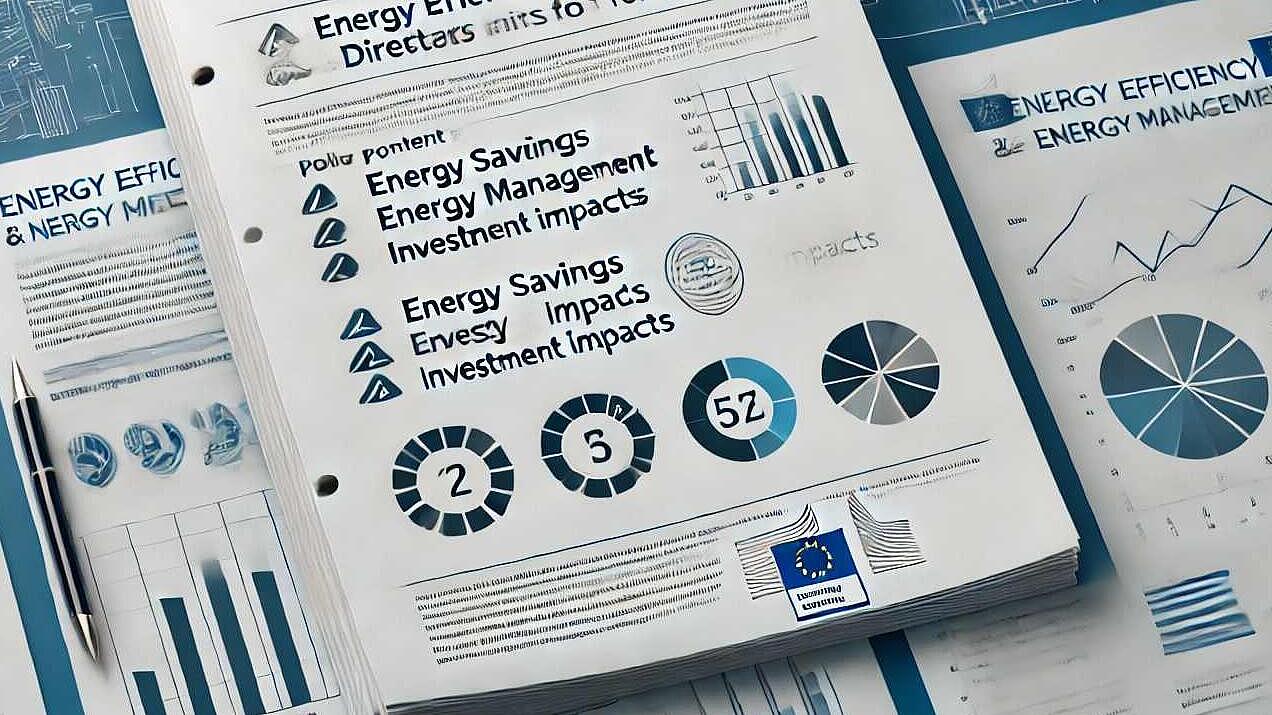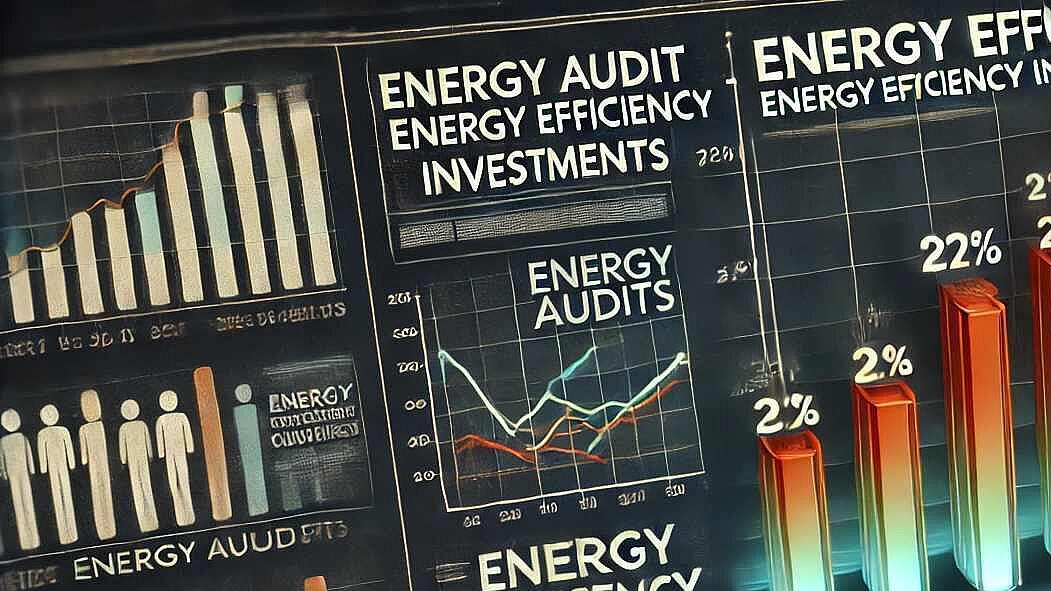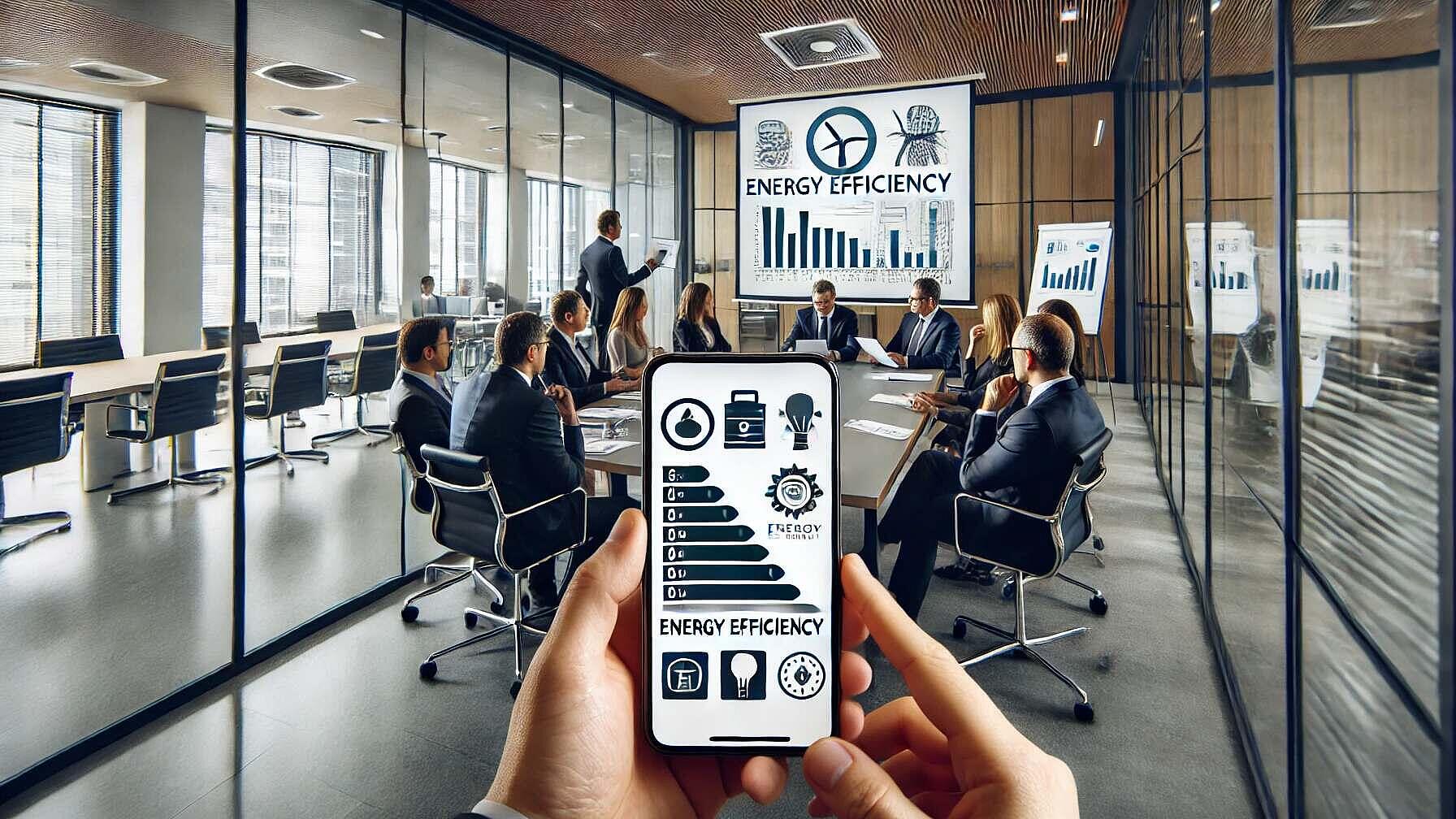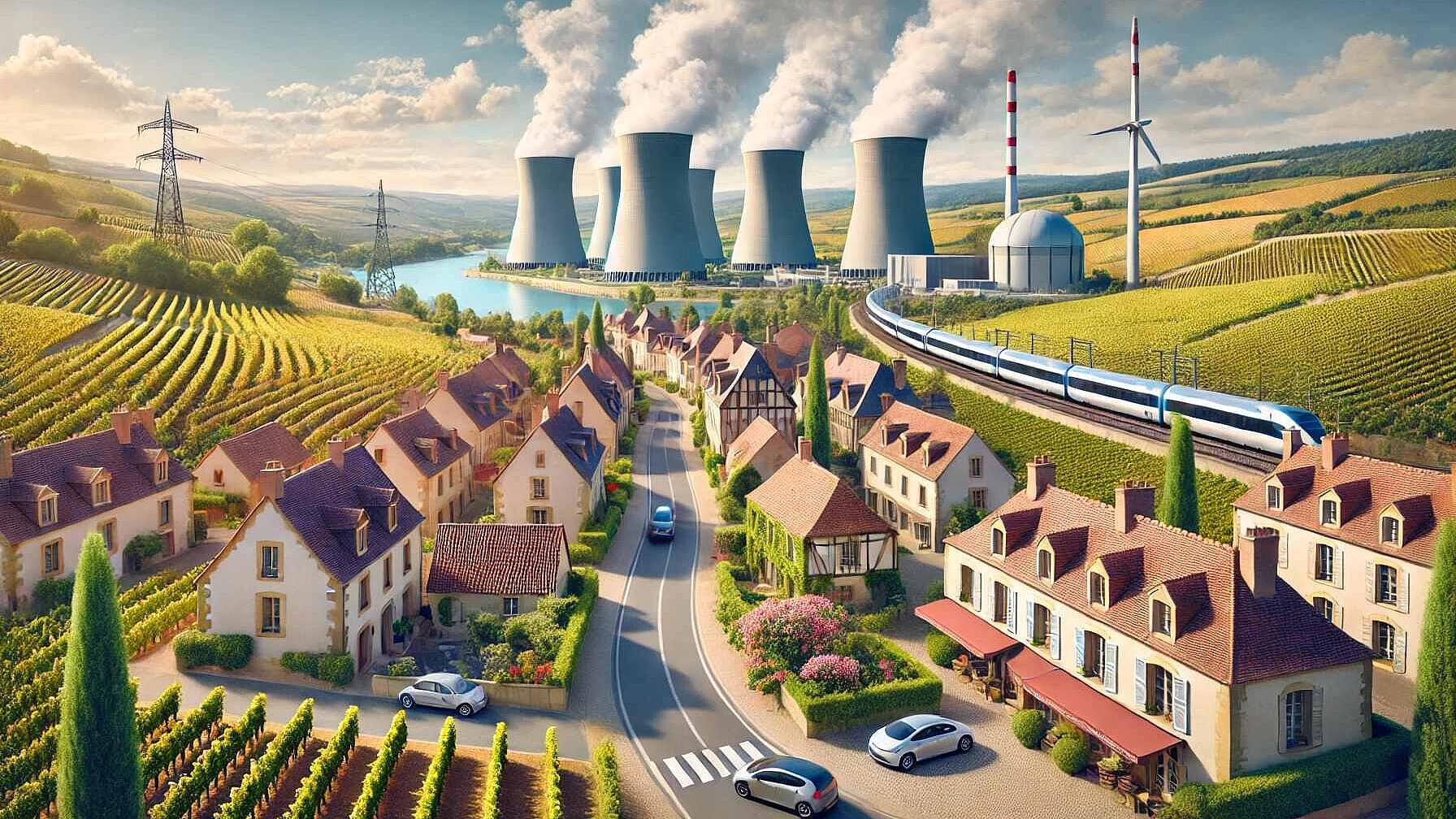 Articles
ArticlesHydrogen is emerging as a potential solution for reducing dependence on fossil fuels and combating climate change. In applications where direct use of electricity is impractical, such as international shipping, aviation, and certain industrial processes, green hydrogen—a form produced by renewable energy sources like wind and solar—offers a clean alternative. However, not all hydrogen is created equally: grey or black hydrogen, the most common type, is produced from fossil fuels and emits considerable CO2. Alternative blue hydrogen incorporates carbon capture and storage (CCS), but its climate benefits are negated by methane emissions from gas production. Pink hydrogen, derived from nuclear power, poses issues with toxic waste management. Green hydrogen currently represents less than 1% of production but is the only type that is truly clean and sustainable. Future hydrogen economy should focus on responsibly produced and traded green hydrogen to ensure environmental benefits.
Read Full articleOverview of main actors in the e-mobility ecosystem
The paper addresses the EU's transition to electric vehicles (EVs) as key in decarbonizing transport sector emissions, crucial to achieving 2040 climate targets. The EV ecosystem involves various stakeholders, including OEMs, CPOs, and DSOs, working together towards electrification. Policies like RED, AFIR, EPBD, and the Sustainable Battery Regulation support this shift, while investment in EV infrastructure is projected to significantly increase. Data sharing is emphasized as essential for ecosystem efficiency.
Read Full articleThe Future of AI: Navigating the AI Act and its impact on energy transition
The EU's AI Act introduces a risk-based framework for AI, mandating requirements for high-risk systems and enforcing compliance. It addresses AI's potential in energy optimization, while emphasizing fundamental rights, safety, and a human-centric approach, with the IEA highlighting AI's role in achieving sustainability goals.
Read Full articleAll you need to know: The EU's bold Energy Efficiency Directive
Directive (EU) 2023/1791 mandates a minimum 11.7% energy reduction by 2030, with specific targets for sectors and Member States. Emphasizing public sector efficiency, building renovations, and consumer empowerment, it sets a framework for sustainable energy use and addresses energy poverty, providing measures for enforcement and financing.
Read Full articleGame Changer: How Energy Audits are Transforming Small Businesses
Energy audits are becoming vital for SMEs in Europe, offering detailed analysis of energy usage and efficiency, highlighting cost-saving measures. They notably influence investment decisions in energy-efficient technologies, with smaller firms and innovative companies benefitting the most. However, financial constraints remain a barrier to implementing energy-saving opportunities.
Read Full articleEnergy Efficiency in Food Manufacturing: Sustainable Growth Through Smart Technologies
The paper discusses the critical role of energy efficiency in food production, emphasizing the need for food manufacturers to adopt energy management practices to remain competitive and sustainable. It outlines the benefits of benchmarking and KPIs, the adoption of frameworks like ISO 50001, and the utilization of advanced monitoring, control systems, and ICT for improved energy performance. It also addresses barriers to implementation and strategies for overcoming these challenges.
Read Full articleEnergy Efficiency Reloaded: How European SMEs Are Driving Sustainability and Savings
SMEs, at 98.9% of European businesses, collectively account for 13% of energy demand, presenting significant energy efficiency potential. Barriers include financial constraints and lack of energy management. Supportive policies and tailored programs can incentivize efficiency improvements, leveraging SMEs' key role in reaching the EU's energy goals.
Read Full articleUnlocking Energy Efficiency: How Top Management Decisions Shape Industrial Sustainability
The survey of European industries on energy efficiency reveals high concerns for energy costs, positive attitudes towards exceeding environmental standards, yet a notable gap in adopting recommended energy-saving measures due to factors like cost, complexity, and management decision-making.
Read Full articleJuly Quiz OPEN - EnerWhizz: The Electrifying New Mobile Quiz from EEIP
EnerWhizz, launched by EEIP, is a mobile quiz game promoting energy innovation knowledge through fast-paced yes-or-no questions. Top scorers win monthly prizes. The game, based on the EU-funded EENOVA project, aims to educate on energy transition technologies, policies, and best practices.
Read Full articleAnalysis of the Front National 2024 Program and Its Potential Impact on Financing the Energy Transition
The Rassemblement National's 2024 program prioritizes nationalistic policies, with an emphasis on nuclear power, potentially hindering renewable energy development. The program's focus on traditional energy sources may lead to regulatory changes, affecting investor confidence and France's alignment with EU goals. This could result in tensions with the EU, reduced funding, and a slowed energy transition.
Read Full article